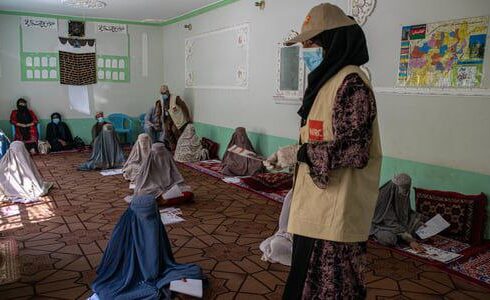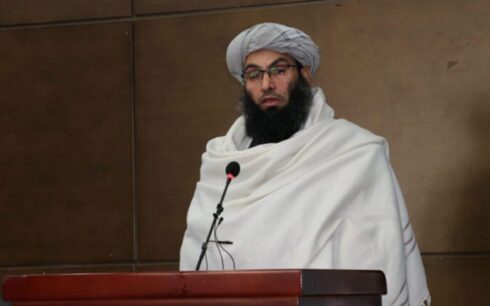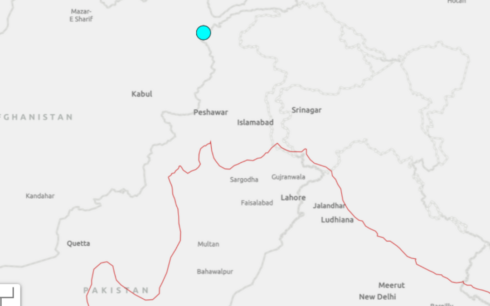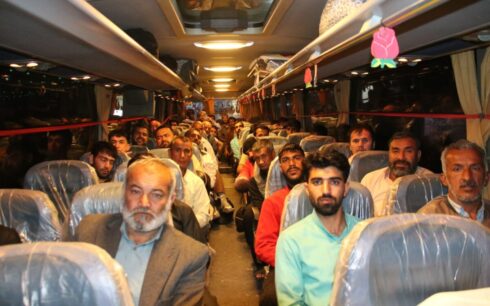GENEVA — The 57th session of the United Nations Human Rights Council is set to convene in Geneva on Monday, with Afghanistan expected to be a focal point of the discussions.
During the session, Richard Bennett, the U.N. special rapporteur on human rights in Afghanistan, and Afghanistan’s permanent representative to the Human Rights Council, will present their fourth report on the state of human rights in the country under Taliban rule.
Mohibullah Tayeb, a human rights official at Afghanistan’s permanent mission to the U.N. in Geneva, expressed hope that the session will galvanize international attention. “Over the next month, we will host several global meetings to draw attention to the human rights situation in Afghanistan,” he said. “We hope this session meets the expectations of the Afghan people and that we can make progress in curbing further human rights abuses.”
Human Rights Watch has called on the Council members to heed Bennett’s report and adopt new strategies to document and preserve evidence of atrocities in Afghanistan. Heather Barr, the group’s associate director for women’s rights, said, “We sincerely hope this is the moment when the Council finally listens and realizes that the situation will continue to deteriorate unless the international community takes meaningful action. This is a key opportunity for the global community to step up.”
The session comes as the Taliban recently enacted a new decree on “virtue and vice,” which imposes additional restrictions, particularly on women.
Yalda, a former government employee who lost her job after the Taliban took power, said the decree has further eroded the limited freedoms Afghan women had retained. “Since the Taliban’s new law came into effect, even the small freedoms women had are gone,” she said. “I urge the Human Rights Council to address the realities and challenges that women and girls in Afghanistan are facing.”
Women’s rights activists are also calling on the Council to pressure the Taliban to repeal the new law and lift restrictions on women. Maryam Marouf Arwin, founder of the Purple Saturdays movement, said, “We cannot ignore that as long as the international community turns a blind eye to the Taliban’s crimes in the name of engagement, the situation in Afghanistan will only get worse.”
A resident of Kabul, who requested anonymity, echoed these sentiments, saying, “The international community must put pressure on the Taliban, not build friendly relations with them, until these issues facing women are resolved. Every day, the restrictions on women and girls increase.”
In his third report to the Human Rights Council, Bennett noted that the Taliban had issued at least 52 decrees tightening restrictions on women and girls. He urged the world not to recognize the Taliban as a legitimate government and called for measures to be taken to stop the ongoing repression of women.
Bennett emphasized that the international community should consider framing the Taliban’s policies as gender apartheid, a crime against humanity, and use all available mechanisms to bring about change.





